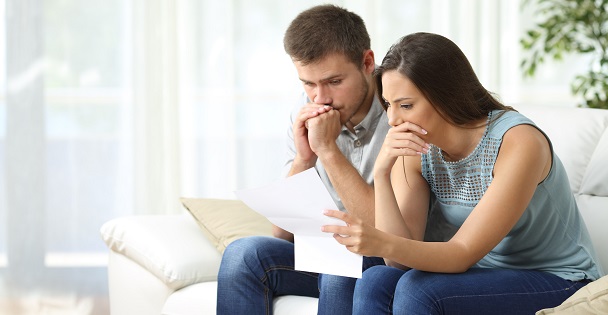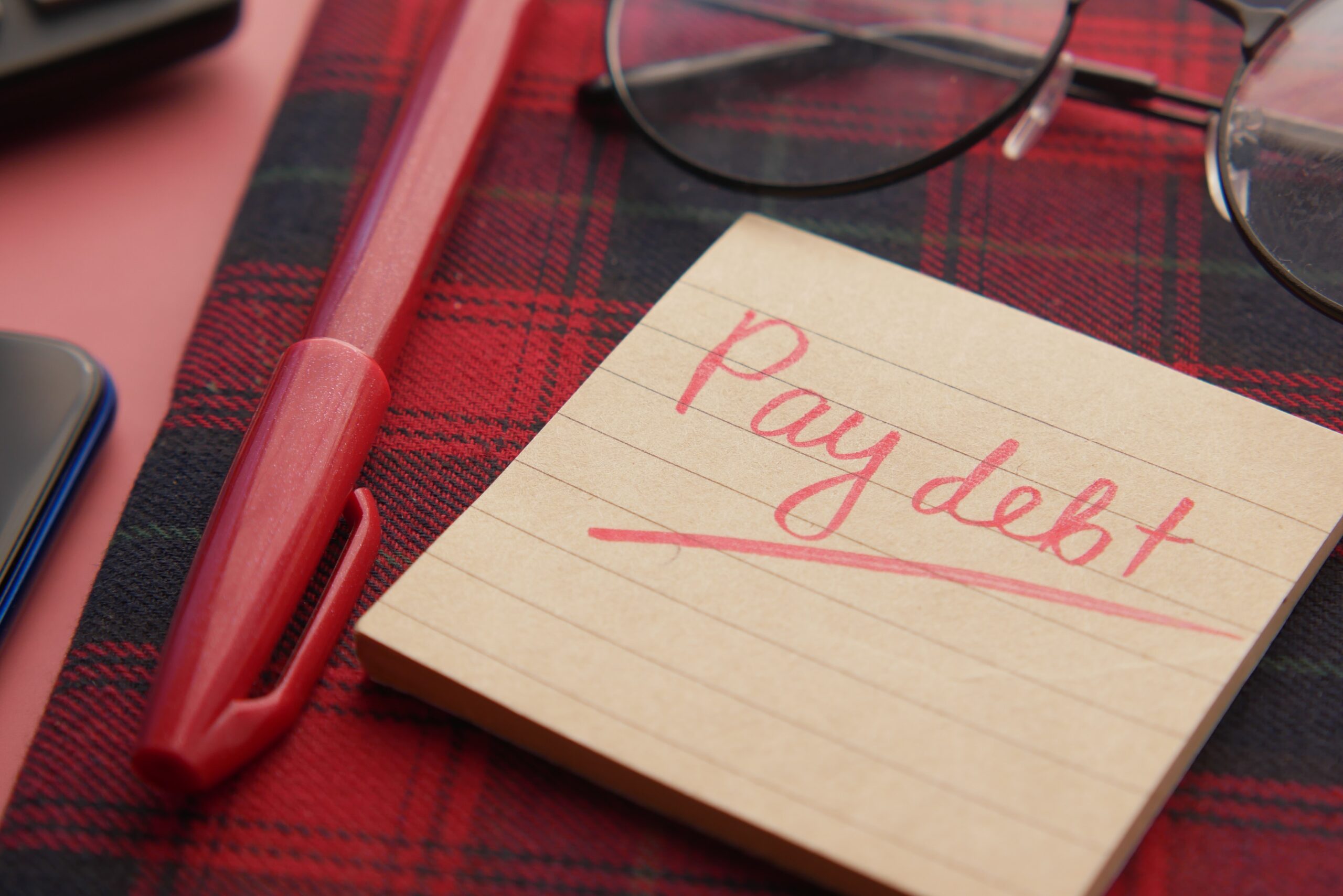
When a partner or family member dies, it can be more difficult to handle when you also have to deal with their debts. This article explains the steps you should take to deal with the debts of someone who has died. If you need further help, especially during this difficult time, you could also seek help from a free debt advice service.
Make a list of all debts
The first step to dealing with the debts of a partner or a family member who has died is to gather all of the information you can regarding their debts. Have a look through their paperwork and financial statements, and make a list of everything that is owed. You need to check if these debts are:
- Individual or joint debts
- Secured or unsecured debts.
There are different ways of dealing with each type of debt. Therefore, it’s essential that you understand what type of debt the deceased has.
You should also check if there is a guarantor for any of the debts as the guarantor is liable for the debt.
Individual debt
Individual debt is a debt taken out by one person in his or her name. If the debts were solely in the name of the person who died, then the debts will be written off if the person had no assets. If the person left an estate, such as property or savings, the debts would need to be repaid. If your husband, wife or civil partner has died and they had debts in their name only, you will not become responsible for them.
Any beneficiaries named in a will may only receive their inheritance after funeral costs and debts have been paid.
Joint debt
Joint debt is a loan taken out by two or more people in both their names. Examples of joint debt include joint mortgages, joint loans or a joint bank account with an overdraft. With joint debt, if you or someone else was named on the credit agreement that person becomes responsible for repaying the debt after the other person dies.
If someone else’s name is attached to a credit card, they’ll be a second cardholder. In this case, the second cardholder would not be responsible for paying the debt spent on the cards.
Secured or unsecured debt
Secured debt is when someone has borrowed money against an item or asset. Examples of secured debts include mortgages or car loans. Unsecured debt is when someone has taken out a loan, but it is not guaranteed against an asset such as property.
Examples of unsecured debts include student loans and home improvement loans. If a person dies leaving unsecured debts (such as personal loans and credit cards) how they are dealt with will depend on the names on the credit agreement and if the person had any assets.
Sometimes, you could find a debt that you knew nothing about. You can try to avoid this, by putting a notice in a local newspaper before you pay the debts. This gives creditors time to come forward. Not doing this could result in creditors trying to claim on the estate years later.
How To Pay Off Debts After A Death
1. Tell the creditor that the person has died
Handling the debts and estate of a deceased person can be a lot to deal with.
Receiving letters or phone calls from creditors demanding payment will add further stress to an already difficult situation. The sooner you contact the creditors and let them know the person has died, the better. Ask for an outstanding balance in writing and explain that you are dealing with the estate.
2. Check if there is insurance on the debt
It is vital to check if the person took out any insurance to pay off the debt. For example, they may have taken out a life insurance policy to pay off the mortgage in case of death. No matter what kind of debt it is, you should check for insurance policies. If there is insurance read the terms of the policy for what you can claim. Then you can contact the insurance company to make a claim. After the claim is processed, you will be able to pay off that debt with the insurance money.
For joint debts:
- Read the terms of the loan.
- Transfer all future bills to your sole name by having the deceased person’s name removed.
- If you cannot afford to pay the full instalments, try to negotiate more manageable repayments.
For individual debts:
- Request a statement of the outstanding balance.
- Give the creditor the contact details of the administrator for the deceased person’s estate. They are responsible for ensuring that the debt is paid from the estate.
- If you are the administrator of the estate, you need to have probate or a grant of administration.
3. Pay in priority order
The money in the estate should be used to pay off the debts that are not covered by insurance. Debts should be paid in this order of importance:
- Secured debts, such as mortgages.
- Funeral costs.
- The costs of administering the estate.
- Unsecured debts, such as utility bills, Council Tax etc.
You should consider selling any assets such as a car or property, so the proceeds could go towards paying off the debts. If the debts amount to more than the estate can pay back, this is called an ‘insolvent estate’. In this situation, it is best to seek the advice of a solicitor or a probate specialist.
Write a letter to creditors to explain what has happened and let them know that you will be in touch to find out what else needs doing. Most creditors are usually sympathetic if they are kept updated.



